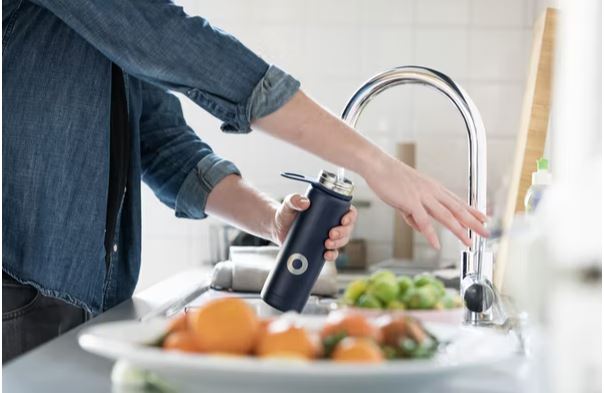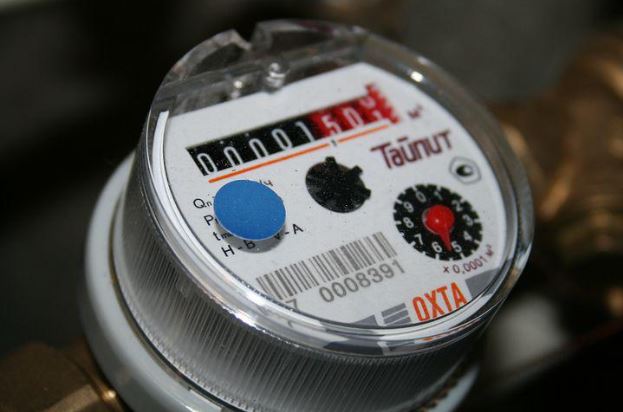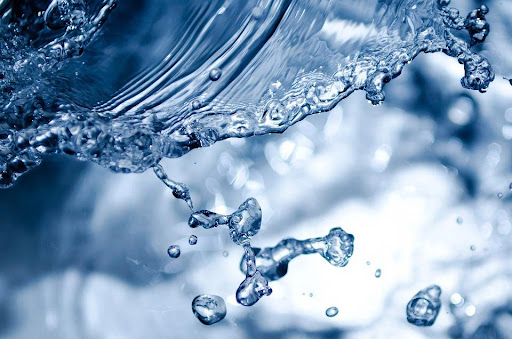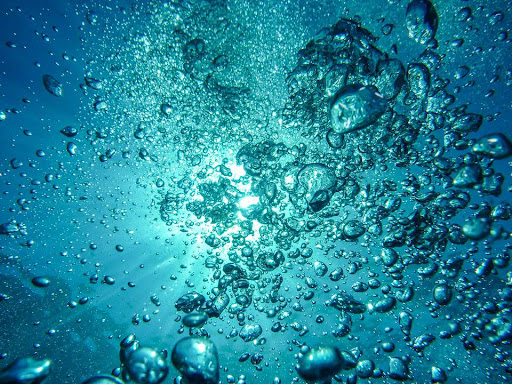While no one particularly likes to be in environments that aren’t clean, there are actual benefits to your health that you can experience when you’re in a clean environment as opposed to an unclean environment. To help you see just what some of these benefits are, here are three ways that living in a clean environment can improve your health.
Reduces Your Risk For Serious Health Problems
When you’re in an unclean environment, you can’t possibly know what type of germs and bacteria you’re coming in contact with. There could be all kinds of harmful infections or illnesses that you could be exposed to just by being in a place that’s not clean. But when you’re in a clean environment and you’re able to wash your hands and keep yourself away from filth, you can avoid some of the bigger health problems that others who are living in these conditions might experience.
Some of the serious health problems that have been associated with not being able to access clean environments include things like cancer, developmental disabilities, asthma attacks, cardiovascular damage, and issues with reproductive health. And while these serious health problems can still impact people if they’re living in a clean environment, when you’re in clean spaces with access to things like clean water, your risk for these problems coming from an environmental reason will go down.
Lowers Your Stress Levels
Have you ever noticed that when you come home to a messy house, you’re much more likely to feel stress and anxiety while in this space? This is because a cluttered space can have a big impact on your mental health and well being. So if you want to have lower levels of stress in your life, you should try to prioritize keeping a clean and organized space.
A great thing about this is when you notice that a space is unclean and then you go about making it more clean and organized, not only will you benefit from a reduced level of stress after you’re done, but you can also start to feel more energized and release endorphins while you’re cleaning.
Improves The Health Of Your Overall Environment
When the actual environment that you’re living in is clean and healthy, this can have a big impact on the overall quality of life that you’re able to have. When the air outside your home isn’t polluted, you’re able to enjoy more time outside and get fresh air for your lungs. When you have clean spaces to run around outside, you can get exercise and experience nature at the same time. And when there’s fresh water and good soil in your area, you can be blessed with healthy foods to eat. So if you want to live an overall healthier life, make sure you’re doing your part to help improve the health of your community.
To see improvements in your health, consider implementing the tips mentioned above to help you live in a cleaner environment.




